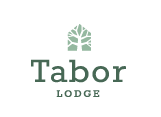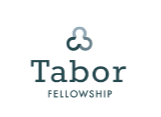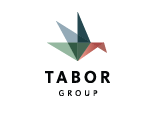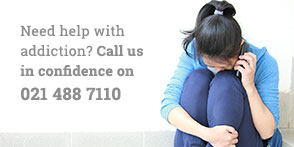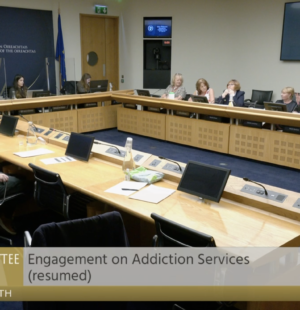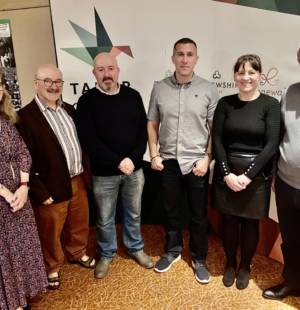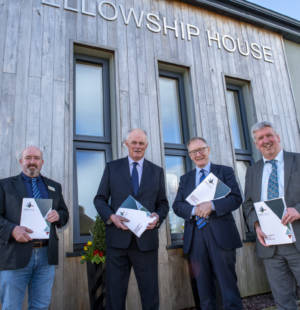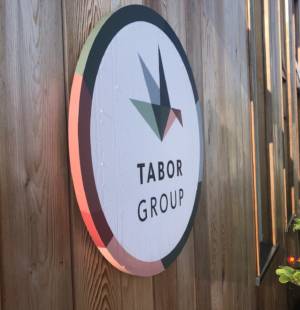Is there a role for counselling in the treatment of addiction? – Part 1
Role of Counselling
This article seeks to articulate the place for counselling in the treatment of addiction. With harmful and hazardous alcohol and drug misuse, education and prevention measures are preferred with some brief solution focused interventions (Department of Health 2012). For opiate addiction, medical interventions to stabilize and reduce harm are rightly to the fore (Health Service Executive Social Inclusion Unit, 2010)
About Mick Devine
I am Clinical Director of Tabor Group, a Cork-based treatment agency guided in treating addiction by the Minnesota Model of care. This approach is based on a ‘disease concept’ of addiction and favours the long-term goal a ‘drug free lifestyle’ for clients. I am often asked “what is your success rate?” and in my experience, many who opt for ‘drug free lifestyle’ treatment options, relapse is common and is therefore seen as failure. To assist service users in achieving a drug-free lifestyle counselling is essential.
Overview
In this article, I present the case for counselling in the management of addiction at Tabor Group and this article uses the American Society of Addiction Medicines (2011) definition of addiction to answer the question posed in the title. This definition will structure the article as I present addiction as
- A ‘chronic disease’
- A ‘chronic brain disease’ that diminishes the person’s recognition of the problem.
I will quote directly from this definition and also use it to reflect on my professional experience of the value of counselling in the treatment of addiction. This will prepare the way for presenting the role of counselling in treating addiction.
Multi-agency Treatment of Addiction
Multi-agency Treatment of Addiction on one hand there is growing acceptance of harmful and hazardous misuse of alcohol and drugs which requires education and prevention services and where treatment services are necessary they may be brief and solution focused (HSE 2012) On the other-hand there is a growing awareness of the complexity of needs that often accompanies addiction (MacGabhann et al, 2004; Najavits, 2002) From this awareness results an emphasis on the need for multiple agencies to be involved in the rehabilitation of people affected by addiction (Department of Community Rural and Gaeltacht Affairs, 2009).
Everyone has a Role
General Practitioners, Pharmacists, Detoxification Services, Community Drugs Workers, Homeless Services, Social Workers, Key Workers, Case Managers, Community Enterprise Schemes, Adult Learning and Training agencies, Probation Services, Treatment Agencies of various types, 12 Step Fellowships, Family Support Services, and Parenting Programmes all have valuable roles to play in rehabilitation. From my experience of engagement in delivering treatment for 20 years in the Health Service Executive Southern Region, all of these agencies have a caring dimension and staff is equipped with some level of listening skills and capability for empathic response. Part of the response to the overwhelming complexity of need in many of our addicted population is to see that a realistic goal for individual care plans is to reduce the harm caused by the addiction rather than a goal of full rehabilitation including a drug-free lifestyle.
With such an approach, the emphasis is on maintaining a stabilisation in the individual’s situation. This includes assisting the person to refrain from illicit drug use, from criminality in order to obtain illicit drugs and keep the person safe from risky behaviour by introducing them to a stable dose of prescribed methadone. As a result, the key agencies of General Practitioner and Pharmacist come to the fore in the delivery of care. Allied services have an important support role. Counselling can also be part of this important support role allowing the person explore healthy options and the motivation to pursue them.
In Part two, Mick Devine Clinical Director of Tabor Group will talk about his experience of how counselling will come in to it own when the service user responds to the challenge of establishing a drug free lifestyle as central to managing addiction. This article first appeared in Éisteach
Tabor Group
Tabor Group is a leading provider of residential addiction treatment services in Ireland. We provide support and care to hundreds of clients each year suffering from addictions to alcohol, substances, gambling and food. Tabor Group offers hope, healing and recovery to addicted people and their families through integrated and caring services. For more information on Tabor Group’s services Click Here
Get Help at Tabor Group
If you or a loved one are suffering from an addiction to Alcohol, Drugs, Gambling or Food get help today. We can help you recover in a healthy, friendly environment and beat your addiction. Don’t hesitate to contact one of our counsellors today at +353 (21) 488 7110 or Email Us and we can help you
With the right support, you’ll never have to make another uneducated life and death decision for your addicted loved one again
Recent Posts
- How to Help a Loved One Struggling with Addiction
- Tabor Group Calls for Urgent Funding to Address Growing Addiction Crisis
- Forgiveness in Recovery
- National Drugs Strategy launches interactive map to facilitate access to 442 publicly-funded drug treatment
- Statement from Colette Kelleher, CEO Tabor Group
Categories
Archives
- September 2024
- July 2024
- June 2024
- January 2024
- December 2023
- August 2023
- July 2023
- May 2023
- April 2023
- March 2023
- January 2023
- October 2022
- September 2022
- August 2022
- July 2022
- June 2022
- May 2022
- April 2022
- March 2022
- February 2022
- January 2022
- December 2021
- November 2021
- October 2021
- September 2021
- August 2021
- July 2021
- June 2021
- May 2021
- April 2021
- March 2021
- February 2021
- January 2021
- December 2020
- November 2020
- October 2020
- September 2020
- August 2020
- July 2020
- June 2020
- May 2020
- April 2020
- March 2020
- February 2020
- January 2020
- December 2019
- November 2019
- October 2019
- September 2019
- August 2019
- July 2019
- June 2019
- May 2019
- April 2019
- March 2019
- February 2019
- January 2019
- December 2018
- November 2018
- October 2018
- September 2018
- August 2018
- July 2018
- June 2018
- May 2018
- April 2018
- March 2018
- February 2018
- January 2018
- December 2017
- November 2017
- October 2017
- September 2017
- August 2017
- July 2017
- June 2017
- May 2017
- April 2017
- March 2017
- February 2017
- January 2017
- December 2016
- November 2016
- October 2016
- September 2016
- August 2016
- July 2016
- April 2016
- March 2016
- December 2015
- March 2015
